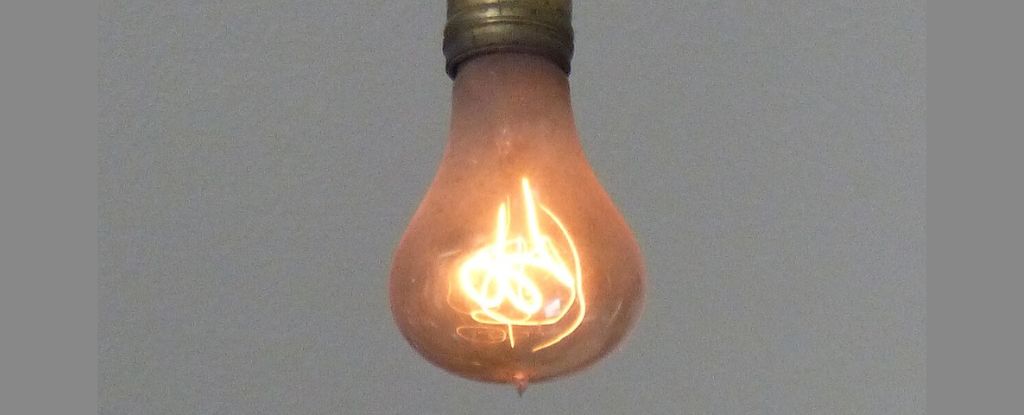A new study led by researchers from Cardiff University found that type 1 diabetes may be triggered by bacterial infections. Type 1 diabetes is an autoimmune disease where the immune system attacks the insulin-producing cells in the pancreas. While some have suggested viruses may trigger type 1 diabetes, this study points to bacterial proteins as a potential trigger.
The researchers conducted experiments showing that when bacterial proteins from pathogens like Klebsiella oxytoca were introduced to human cells, it caused killer T cells to mistakenly attack and kill insulin-producing cells. They observed this same “cross-reactivity” of killer T cells in people with type 1 diabetes, suggesting bacterial infections could trigger the disease onset.
The team found this effect was linked to specific human leukocyte antigen genes, which are only present in about 3% of the UK population, meaning the triggering bacterial infections would only cause diabetes in a minority of cases.
The findings could help reveal new treatment approaches for type 1 diabetes, such as diagnosing and treating the disease before symptoms occur in order to better protect surviving insulin-producing cells. Currently there is no cure for type 1 diabetes, so further understanding its causes is urgently needed.
Source: ScienceAlert









